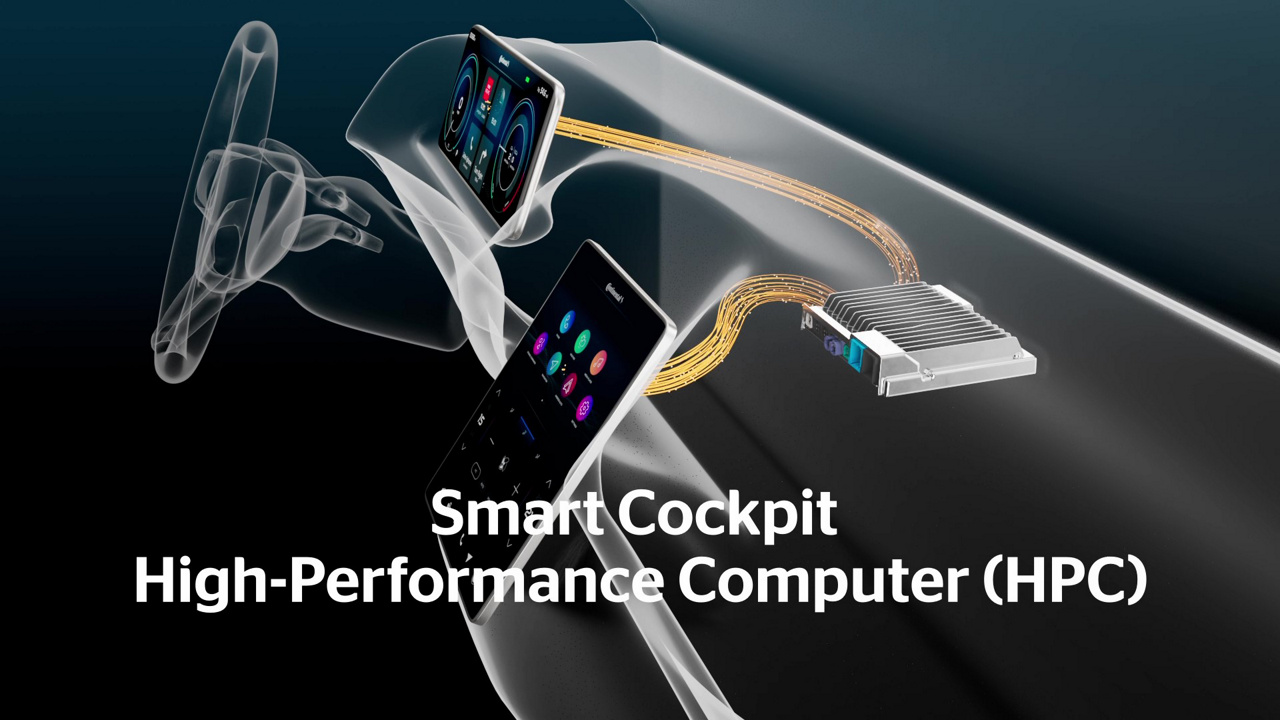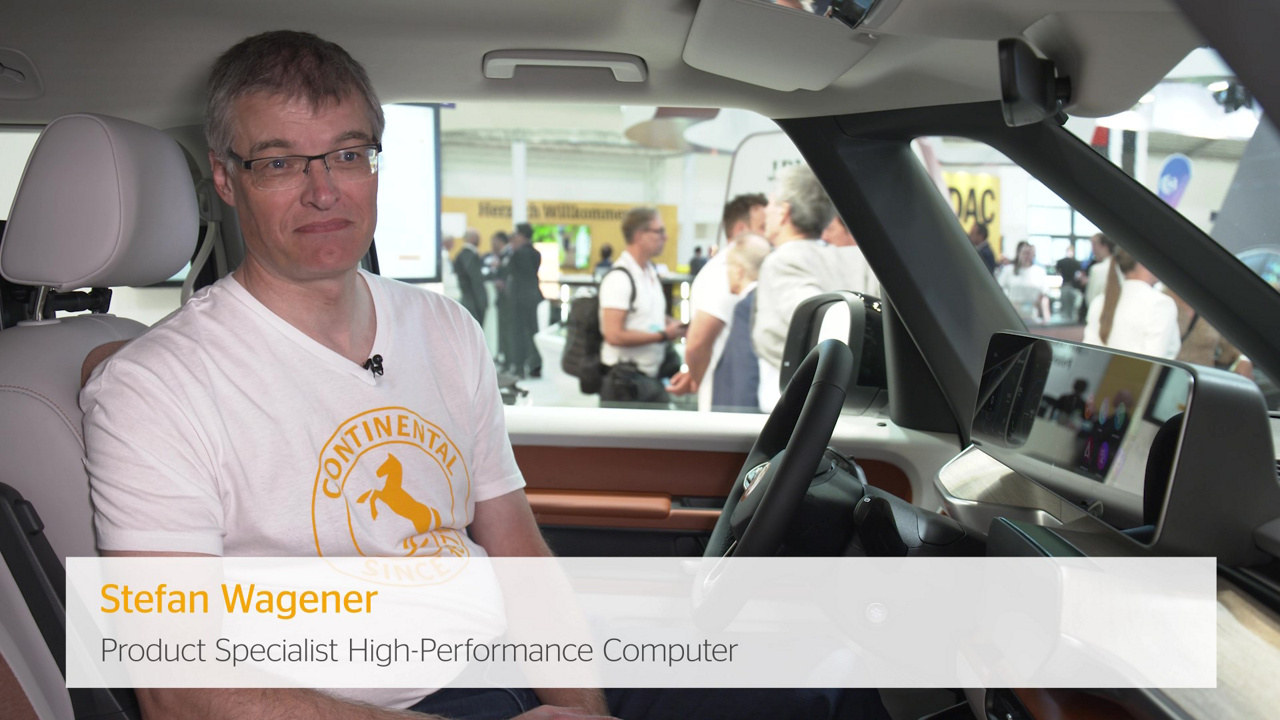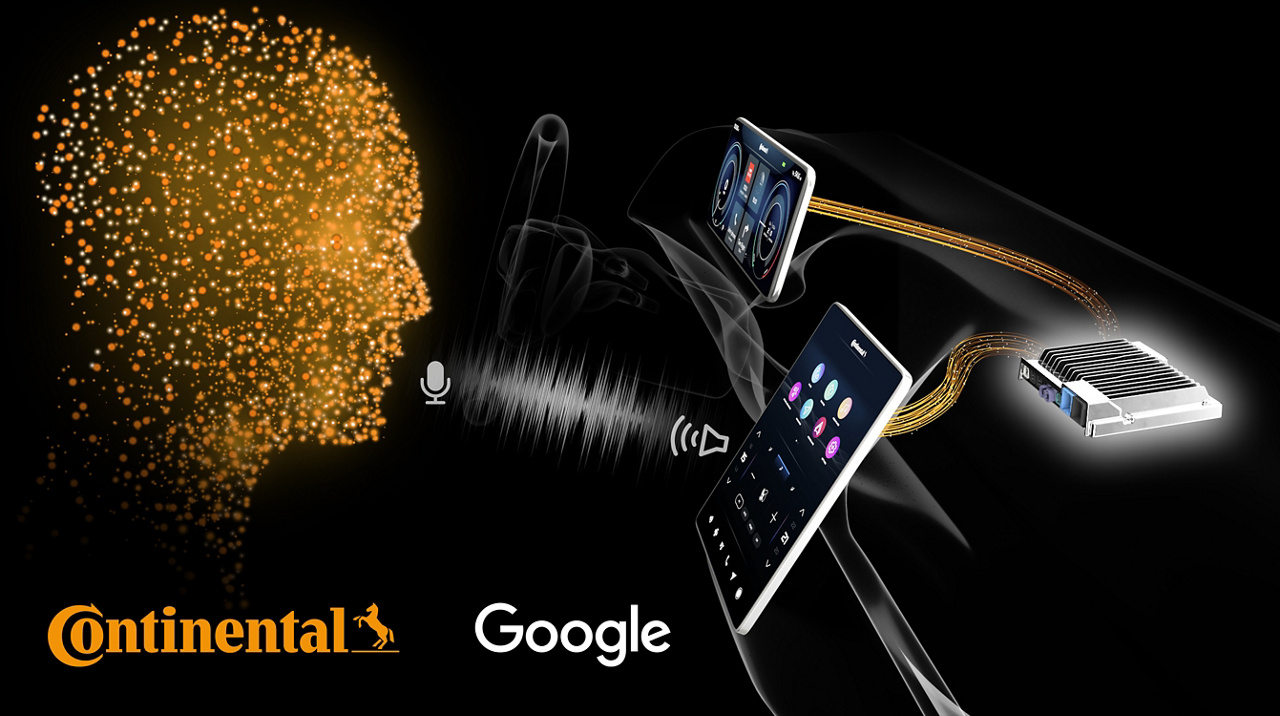The Smart Cockpit HPC convinces due to its ideally adapted system performance for a pre-integrated set of functions for cluster, infotainment and ADAS visualization. This approach enables vehicle manufacturers to minimize costs and time expenditure in the development phase together with Continental. The bottom line is a fast time to market - from order to start of production in 18 months. The system is designed to connect up to three displays and five cameras. The access to Google Cloud’s generative AI enables an intuitive user experience for drivers.
Sweet Spot between User Experience, System Performance, Costs and Short Development Time
Smart Cockpit HPC at IAA Mobility
In collaboration with Google Cloud at the IAA Mobility 2023 in Munich, Germany, Continental is demonstrating how the Smart Cockpit HPC enables the mobility experience of the future – in a cost-optimized way and with a short development time.
Talking Instead of Typing
With Google Cloud Generative AI
Continental and Google Cloud integrate generative artificial intelligence directly into vehicle server and create intuitive user experience for drivers.
The Google AI-based voice assistant integrated within a smart cockpit system allows drivers to interact with their car in a natural dialogue. Prime use cases for such an experience are conversational navigation, driver personalization and in-car control.
Ideal System Performance
Thanks to Telechips SoC
System on Chip (SoC) from Telechips becomes standard in Smart Cockpit HPC solutions from Continental.
The SoC is adapted to the pre-integrated function set of Continental's Smart Cockpit High-Performance Computers (HPCs) and offers ideal system performance for cluster, infotainment and visualization of Advanced Driver Assistance Systems (ADAS).
With the new hardware, a sweet spot between performance, costs, and reduced development times is achieved.
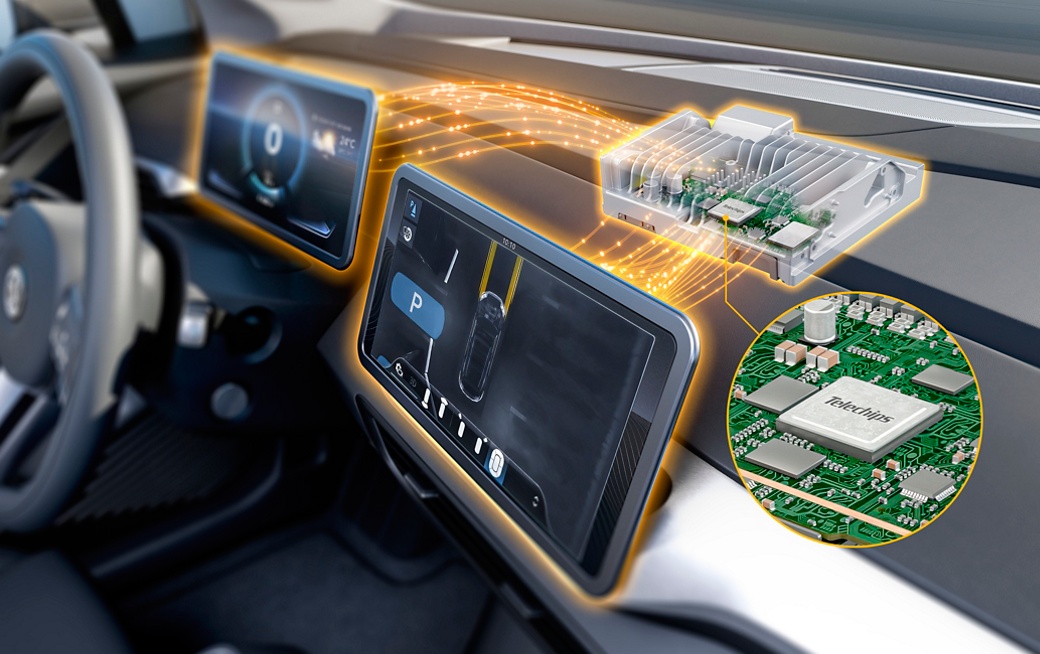
Shorter Development Time
With Virtual ECU Creator on AWS
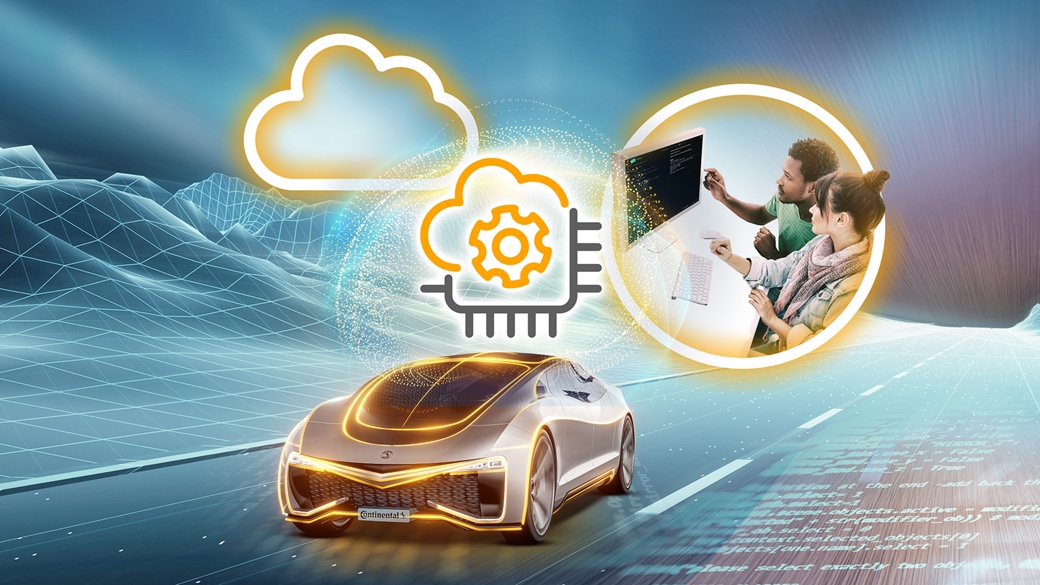
Continental’s new virtual Electronic Control Unit Creator (vECU Creator) runs on Amazon Web Services (AWS) cloud and enables automotive software developers to create virtual ECUs by which applications and ECU system performance can be simulated before the hardware is finalized.
This allows to shorten development time up to twelve months and helps automakers to identify issues earlier in the development cycle.

